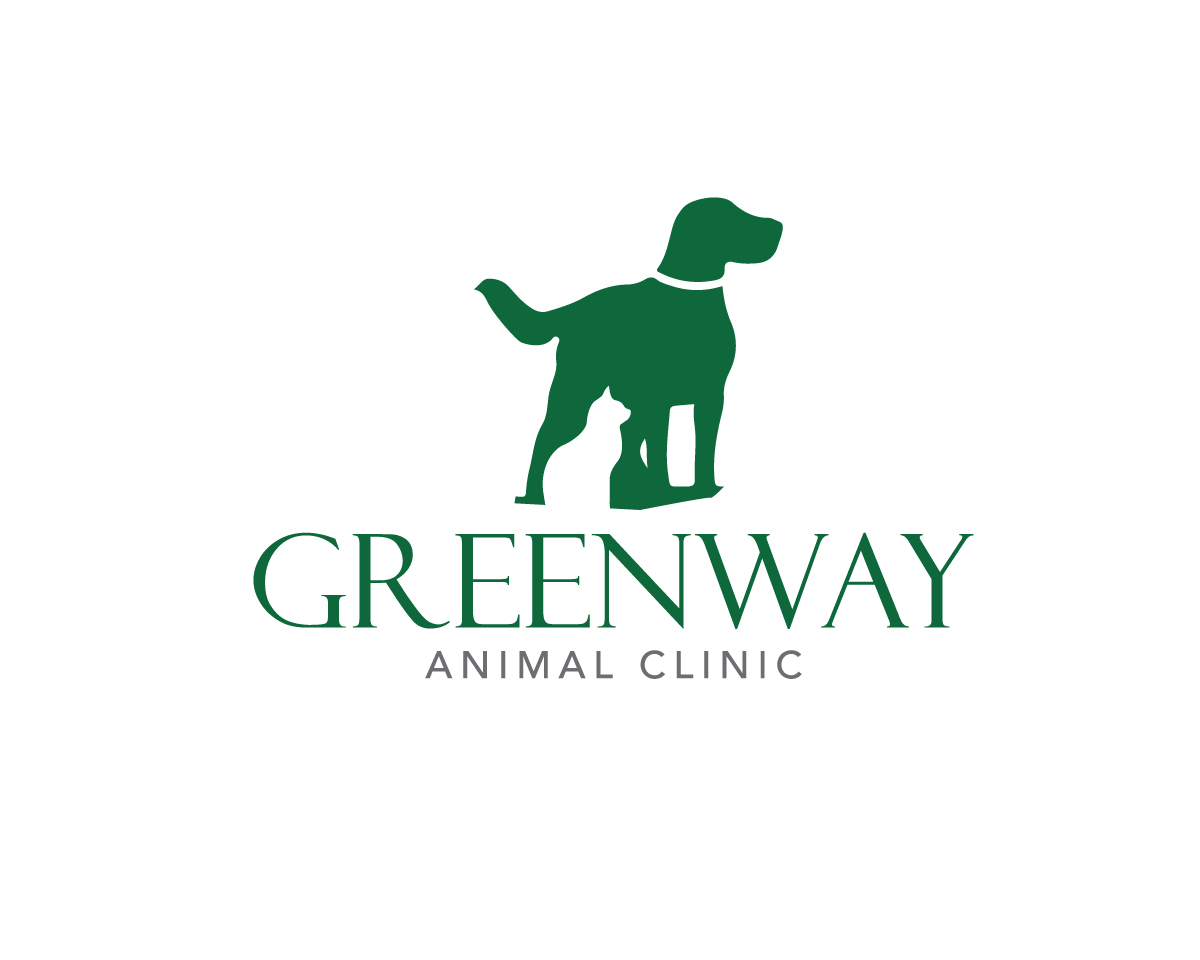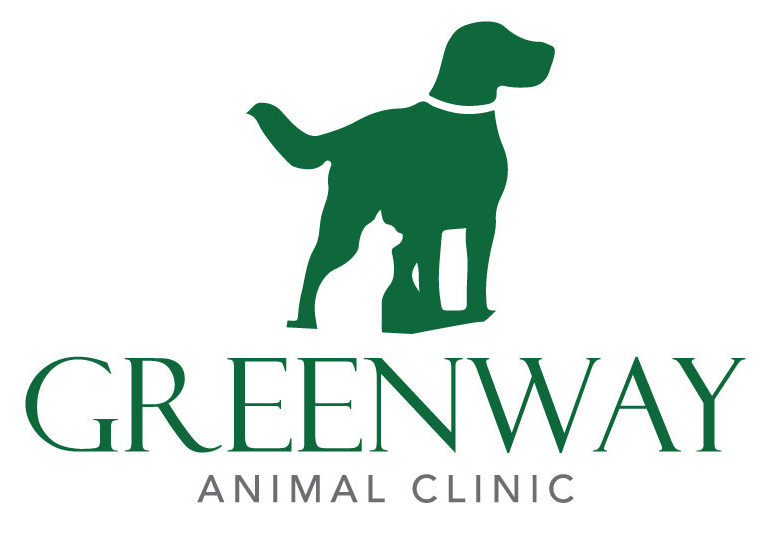Pet Health Library
-
MSM, (methylsulfonylmethane) also known as dimethylsulfone DMSO2 is a sulphur bearing compound that exists naturally in cows milk (its highest source), many fruits, grains and meat. It is a natural anti-inflammatory and analgesic (pain killing) product.
-
Cats were once considered to be solitary creatures but we now know many cats are in fact sociable to a greater or lesser degree and thus may benefit from interaction with their own and other species. As a result of this knowledge there has been a move to promote ownership of more than one cat and in particular to encourage owners to take on two cats at the same time.
-
If you know your dog has aggressive tendencies or is concerned in certain situations, then it is irresponsible to risk the health of others by not taking suitable precautions.
-
N-acetylcysteine (NAC) is a chemically modified form of the dietary amino acid cysteine. Cysteine and NAC contain sulphur, which is key to protecting the body from damage by oxidation.
-
Good food promotes good health. We all know that diet is an essential part of maintaining good health for us and for our pets.
-
Neutering, or castration, offers a number of advantages, especially if performed at an early age (6-9 months). Following puberty, at approximately 8-9 months old, the male cat develops a number of often undesirable behavioural changes.
-
Neutering removes the sexual urge from both dogs and bitches. It can be carried out surgically when it is irreversible.
-
Most male animals (stallions, bulls, boars, rams and tom cats) that are kept for companionship, work, or food production are neutered (castrated) unless they are intended to be used as breeding stock.
-
The term 'nutraceutical' was coined to represent compounds found in food and herbs that are not technically considered nutrients (such as vitamins or minerals), but which may have a profoundly beneficial impact on the health of the body.
-
Obesity, defined as an excess of body weight of 20% or more, is the most common nutritional disease of domestic cats. Although the frequency varies from one country to the next, we know in some countries that up to 40% of adult cats are obese!

